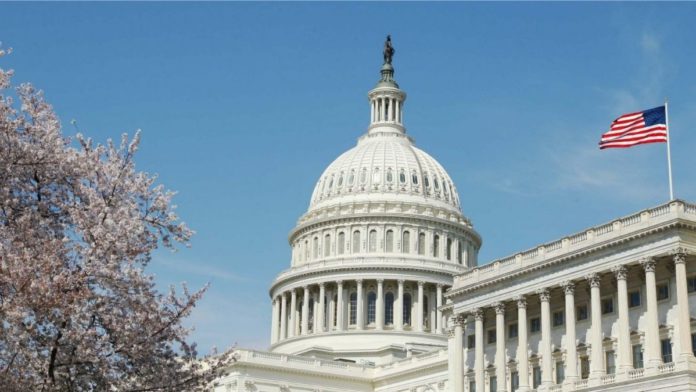United States representatives Scott Franklin, Jay Obernolte, and others have introduced a bill for providing government grants to small and medium-sized businesses to help them participate in setting global artificial intelligence (AI) standards.
Government officials believe that while small startups are developing revolutionary innovations and breakthroughs, they don’t have adequate funding and resources to complete the developmental process.
This new bill will ensure that the United States maintains its number one spot as the global leader in artificial intelligence innovators. Earlier, the President of China, XI Jinping, said the Chinese Communist Party (CCP) aims to set a global dominance in the artificial intelligence industry by 2030.
Read More: Haptik launches AI Agent Assist to provide better Customer Experience.
The U.S. government has passed this new bill to counter China’s AI strategies. U.S. representatives have derived the bill from a recommendation in the National Security Commission on Artificial Intelligence’s final report that was given to Congress earlier this year.
U.S. representative Scott Franklin said, “Advances in Artificial Intelligence will play an increasingly defining role in U.S. global competitiveness. That’s why we need to create an environment that allows American small businesses on the cutting edge of technological innovation to participate in creating global standards and regulation in the A.I. field.”
He added that the new bill would promote economic growth by ensuring that artificial intelligence standards adhere to American Business Standards. The bill is a bipartisan solution for maintaining U.S. supremacy in the tech industry and countering Chinese efforts to influence the artificial intelligence sector.
“As a former small business owner during the early days of a burgeoning industry, I know first-hand how critical it is to include the voices of small business owners and engineers in the standard setting process,” said U.S. representative McNerney. He also mentioned that being the co-chair of the House A.I. Caucus, his top priority is to ensure that small businesses have a seat at the table.


